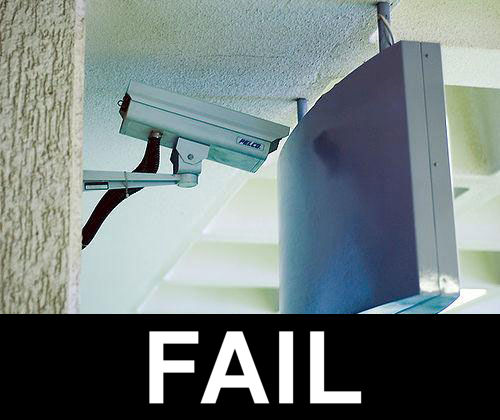uscitizen
Villified User
All that money you've lost _ where did it go?
Oct 11, 12:41 PM (ET)
By ERIC CARVIN
NEW YORK (AP) - Trillions in stock market value - gone. Trillions in retirement savings - gone. A huge chunk of the money you paid for your house, the money you're saving for college, the money your boss needs to make payroll - gone, gone, gone.
Whether you're a stock broker or Joe Six-pack, if you have a 401(k), a mutual fund or a college savings plan, tumbling stock markets and sagging home prices mean you've lost a whole lot of the money that was right there on your account statements just a few months ago.
But if you no longer have that money, who does? The fat cats on Wall Street? Some oil baron in Saudi Arabia? The government of China?
Or is it just - gone?
If you're looking to track down your missing money - figure out who has it now, maybe ask to have it back - you might be disappointed to learn that is was never really money in the first place.
Robert Shiller, an economist at Yale, puts it bluntly: The notion that you lose a pile of money whenever the stock market tanks is a "fallacy." He says the price of a stock has never been the same thing as money - it's simply the "best guess" of what the stock is worth.
"It's in people's minds," Shiller explains. "We're just recording a measure of what people think the stock market is worth. What the people who are willing to trade today - who are very, very few people - are actually trading at. So we're just extrapolating that and thinking, well, maybe that's what everyone thinks it's worth."
Shiller uses the example of an appraiser who values a house at $350,000, a week after saying it was worth $400,000.
"In a sense, $50,000 just disappeared when he said that," he said. "But it's all in the mind."
Though something, of course, is disappearing as markets and real estate values tumble. Even if a share of stock you own isn't a wad of bills in your wallet, even if the value of your home isn't something you can redeem at will, surely you can lose potential money - that is, the money that would be yours to spend if you sold your house or emptied out your mutual funds right now.
http://apnews.myway.com/article/20081011/D93ODGG00.html
Oct 11, 12:41 PM (ET)
By ERIC CARVIN
NEW YORK (AP) - Trillions in stock market value - gone. Trillions in retirement savings - gone. A huge chunk of the money you paid for your house, the money you're saving for college, the money your boss needs to make payroll - gone, gone, gone.
Whether you're a stock broker or Joe Six-pack, if you have a 401(k), a mutual fund or a college savings plan, tumbling stock markets and sagging home prices mean you've lost a whole lot of the money that was right there on your account statements just a few months ago.
But if you no longer have that money, who does? The fat cats on Wall Street? Some oil baron in Saudi Arabia? The government of China?
Or is it just - gone?
If you're looking to track down your missing money - figure out who has it now, maybe ask to have it back - you might be disappointed to learn that is was never really money in the first place.
Robert Shiller, an economist at Yale, puts it bluntly: The notion that you lose a pile of money whenever the stock market tanks is a "fallacy." He says the price of a stock has never been the same thing as money - it's simply the "best guess" of what the stock is worth.
"It's in people's minds," Shiller explains. "We're just recording a measure of what people think the stock market is worth. What the people who are willing to trade today - who are very, very few people - are actually trading at. So we're just extrapolating that and thinking, well, maybe that's what everyone thinks it's worth."
Shiller uses the example of an appraiser who values a house at $350,000, a week after saying it was worth $400,000.
"In a sense, $50,000 just disappeared when he said that," he said. "But it's all in the mind."
Though something, of course, is disappearing as markets and real estate values tumble. Even if a share of stock you own isn't a wad of bills in your wallet, even if the value of your home isn't something you can redeem at will, surely you can lose potential money - that is, the money that would be yours to spend if you sold your house or emptied out your mutual funds right now.
http://apnews.myway.com/article/20081011/D93ODGG00.html

